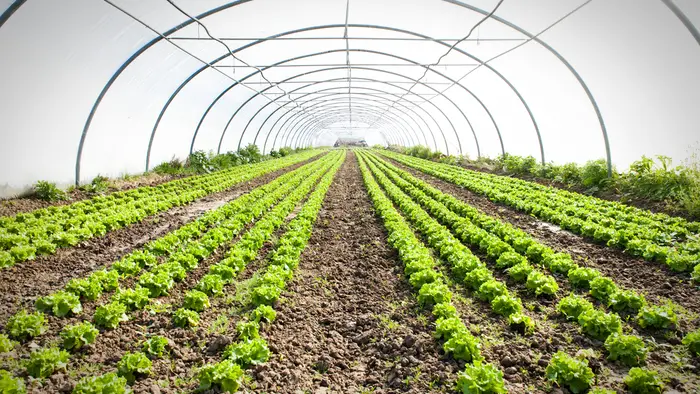Introduction
Organic agriculture analyzes the impact of agricultural activities on the agro-ecosystem throughout the medium and long term. Its goal is to generate food while maintaining an ecological balance to avoid difficulties with soil fertility or pests. It also offers a preventative strategy rather than reacting to problems as they arise.
Pesticides and Fertilizers aren’t used. There is a broader variety of plants, which boosts biodiversity and improves soil quality while reducing pollution from fertilizer and pesticide run-off.


water
Pollution of groundwater courses by synthetic fertilizers and pesticides is a big issue in many agricultural areas. Because their usage is restricted in organic agriculture. Bio- fertilizers (e.g. compost, animal manure, green manure) and increased biodiversity (in terms of cultivated species and permanent plants) are used to improve soil structure and water infiltration.
Groundwater pollution is considerably reduced by well-managed organic systems with superior nutrient retentive properties. Conversion to organic agriculture is heavily advocated as a remedial solution in some locations where pollution is a serious issue (e.g. by the Governments of France and Germany).
Air and climate change
Organic agriculture decreases the usage of nonrenewable energy by reducing the demand for agrochemicals (these require high quantities of fossil fuel to be produced). Hence it helps in reducing pollution. Its ability to trap carbon in the soil helps to mitigate the greenhouse effect and global warming.
Many organic agriculture management strategies such as limited tillage, returning crop wastes to the soil, using cover crops and rotations, and including more nitrogen-fixing legumes promote carbon return to the soil, increasing productivity and favoring carbon storage. A lot of studies have found that soil organic carbon content is significantly higher when organic farming is practiced. The more organic carbon is preserved in the soil, the greater agriculture’s ability to mitigate climate change.
However, there is still a lot of research to be done in this area. There is a scarcity of data on soil organic carbon in poor nations, with no farm system comparison data from Africa or Latin America. And very limited data on soil organic carbon stocks, both of which are critical for establishing carbon sequestration rates for farming operations.

Source: https://www.fao.org/organicag/oa-faq/oa-faq6/en/
Access Date: June 2022



